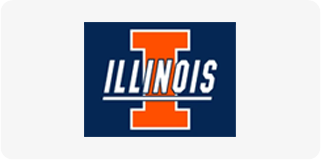Equine Insights: How the Equine Shoulders Affect Performance
Posted by Dr. Hilary Clayton on Nov 18th 2024
In this
blog, I will describe the horse’s chest and shoulder region focusing on how
they differ from our own and the implications this has for locomotion and
performance.Locomotion is defined
for humans.
People
are bipedal – we walk on two legs with our bodies in an upright posture. During
the transition to bipedal locomotion, the forelimbs evolved into arms and hands
with opposable
…
Equine Insights: Where should you sit on your horse’s back?
Posted by Dr. Hilary Clayton on Nov 5th 2024
Have you ever asked
yourself, “how do I properly sit on my horse?”
Today we’ll look at where we sit on the horse’s back and how the
horse’s conformation affects our leg position.
In previous blogs, I’ve explained how the vertebrae are
joined together to form a bridge connecting the forelimbs and hind limbs that
transmits forces and coordinates movements during locomotion. The vertebral
…
Equine Insights: The Veterinarian’s Role with Kissing Spines | Part 3 of the Kissing Spines Series
Posted by Dr. Hilary Clayton on Oct 24th 2024
Welcome to part three of the deep dive into the reality
of kissing spines.
Horses afflicted by kissing
spines become more painful when ridden because the rider’s weight
causes their back to hollow and presses the spines
closer together. The horse tries to reduce back
movements by tensing the muscles; as a result, the back stiffens
and ceases to swing.
It doesn’t take long for
a
…
Equine Insights: What Causes the Development of Kissing Spines | Part 2 of the Kissing Spines Series
Posted by Dr. Hilary Clayton on Oct 4th 2024
Part two of the deep dive into the reality of
kissing spines.
We learned
last time that kissing spines
is a potentially painful disease in which the spines of the vertebrae rub
against each other. Let’s take a look at what causes the development of kissing
spines.
What causes the development of kissing
spines?
It occurs most often in
Thoroughbreds, Warmbloods, and stock
…





